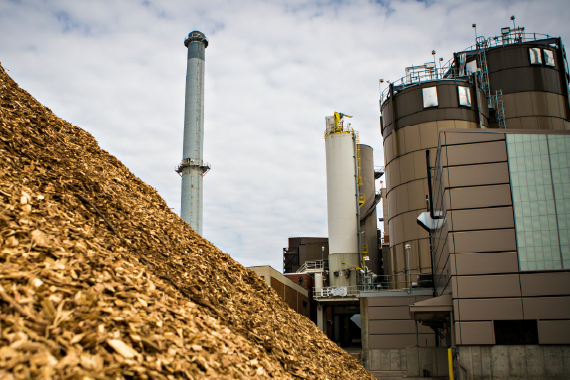We collaborate to achieve sustainable success
A leading environmental solution provider
Get in touch with usUnderstanding New EU Regulations on Methane and Biogenic CO2 Emissions
While carbon dioxide often dominates the climate conversation, the European Union’s regulatory landscape is rapidly broadening to cover a wider range of greenhouse gases and emission sources. For businesses committed to achieving net zero and ensuring comprehensive compliance, understanding the evolving rules on methane and biogenic CO₂ is becoming increasingly important. This shift reflects a move towards more detailed and holistic environmental accountability.
Methane Mitigation: A New Frontier in Emissions Control
Methane (CH₄) is a highly potent greenhouse gas, and the EU is taking decisive steps to curb its release. The year 2025 is pivotal, with the first compliance deadline set for 5 May 2025. By this date, operators must submit detailed Leak Detection and Repair (LDAR) programmes, setting out the measurement technologies, methodologies, and timelines to identify and repair methane leaks.
In addition, annual Monitoring, Reporting, and Verification (MRV) will be required. While MRV is formally a tool for tracking CO₂ emissions, it will also serve as a mechanism for the EU to monitor the origins of fuels such as CNG and LNG.
These new regulations align with broader global initiatives, including the Global Methane Pledge, which seeks to drive significant reductions across multiple sectors. For industries such as oil and gas, agriculture, and waste management, this means adopting a proactive approach to detection, measurement, and mitigation of methane emissions, reducing both environmental impact and the risk of penalties.
Biogenic CO₂: The Nuances of Emissions Reporting
Beyond fossil-derived carbon, the EU is also strengthening its oversight of biogenic CO₂ emissions, those released from biological sources such as biomass combustion or waste incineration. Monitoring of biogenic CO₂ has been mandatory in Europe since 2024.
In the UK, rules are tightening further. From 2026, monitoring of biogenic CO₂ emissions will become mandatory under the UK Emissions Trading Scheme (UK ETS), continuing until 2028. By that point, all waste incineration plants and refuse-derived fuel (RDF) plants will be brought within the UK ETS. At the same time, the European Commission will conduct a review, by July 2026, to assess the feasibility of including municipal waste incineration (MWI) within the EU ETS from 2028.
Accurately reporting the biogenic fraction of emissions is not just essential for compliance; it can also provide strategic benefits. Precise measurement can lower a company’s reported carbon footprint and, in some cases, enable access to carbon credits.
Why This Matters for Your Business
The widening of regulatory focus to include methane and biogenic CO₂ signals a step towards more detailed and comprehensive accountability. This shift carries three key implications:
- Increased Compliance Burden: New reporting requirements and operational measures will demand additional resources.
- Financial Implications: Failure to comply risks penalties, while accurate reporting may unlock benefits through carbon credits or reduced compliance costs.
- Reputational Risk: Stakeholders and customers are increasingly scrutinising companies’ performance beyond headline carbon figures.
How AFS Energy Can Help
AFS Energy, with extensive expertise in navigating complex environmental commodity markets and delivering end-to-end carbon solutions, is well-placed to help your business adapt to these new regulatory demands. Our all-inclusive carbon solutions are designed to support organisations in turning compliance into a strategic advantage.
We can assist your organisation by:
- Integrating New Requirements: Incorporating methane mitigation and biogenic CO₂ reporting into your existing compliance frameworks.
- Expert Advisory: Providing clear, tailored guidance on the new rules and helping you address the specific challenges relevant to your sector.
- Comprehensive Compliance: Supporting businesses in reducing their carbon footprints while ensuring robust adherence to environmental regulations.
As the journey to net zero accelerates, a comprehensive approach to emissions management is no longer optional. By addressing methane and biogenic CO₂ proactively, businesses can not only safeguard compliance but also strengthen their sustainability credentials and play a more effective role in building a decarbonised future.


